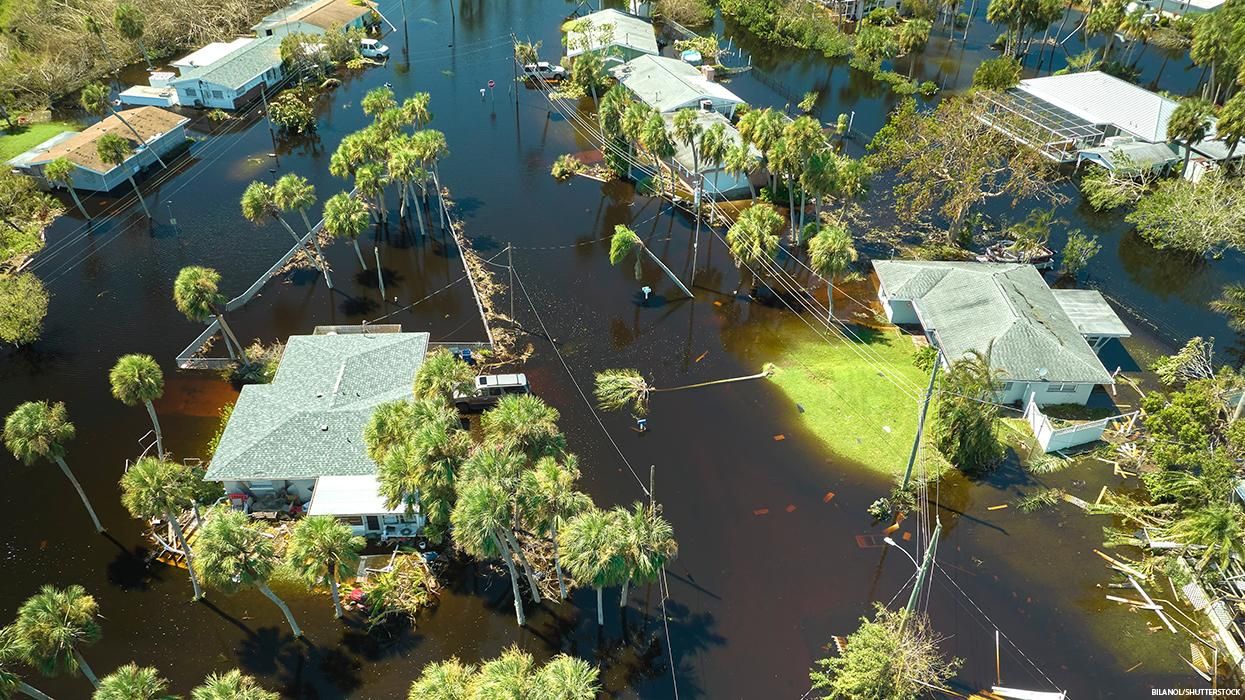In the weeks since Hurricane Ian, millions of gallons of sewage have flooded Florida waterways.
It's been just a month since the category 4 hurricane hit. In those weeks, hundreds of pollution reports have been filed to the Florida Department of Environmental Protection, most having to do with wastewater leaking from sewage treatment facilities.
Jennifer Hecker, executive director of the Coastal & Heartland National Estuary Partnership (CHNEP), told The Washington Post that this problem is affecting areas all over the state.
“We knew that there was a large amount of sewage that was being released into the waterways, not just in one area, but in many areas,” she shared. “I’ve been working on this for nearly 30 years, and I’ve never encountered anything of this scale and magnitude.”
Strong winds and surges of flooding caused plants to overflow, contaminating human waterways with harmful bacteria and viruses. Experts say it could be months before the ocean flushes out the sewage.
A report from the National Oceanic and Atmospheric Administration reveals that as of November 1, microscopic algae called Karenia brevis (also known as red tide) is causing respiratory issues in residents of Charlette, Lee, and Sarasota counties.
Christine Angelini, director of the University of Florida’s Center for Coastal Solutions, said that bacteria could also deplete oxygen levels in rivers, killing off fish populations detrimental to the state economy.
“From Sarasota Bay south to Naples, levels of bacteria in the water are generally elevated and well above what the criteria are for bacteria in our in our waterways," she said.
Sewage treatment plants often rely on electricity to run. When the power goes out, as it did during Ian, backup generators can often be unreliable. As wastewater builds up and is exacerbated by flooding, equipment cannot withstand the high water volumes. Ian brought 20 inches of rain, an amount difficult for infrastructure to withstand regardless of safety measures.
Justin Bloom, the founder of environmental organization Suncoast Waterkeeper, said that a lot of the damage done by Ian could have been avoided if local governments had updated and enforced regulations on wastewater systems.
"These are large municipalities with miles and miles of sewage lines that over the course of the last several decades have come into disrepair. They’ve got to put investments in upgrading them,” he said. "In improving regulations, I think we need to anticipate more storms and more severe rainfall."


















































